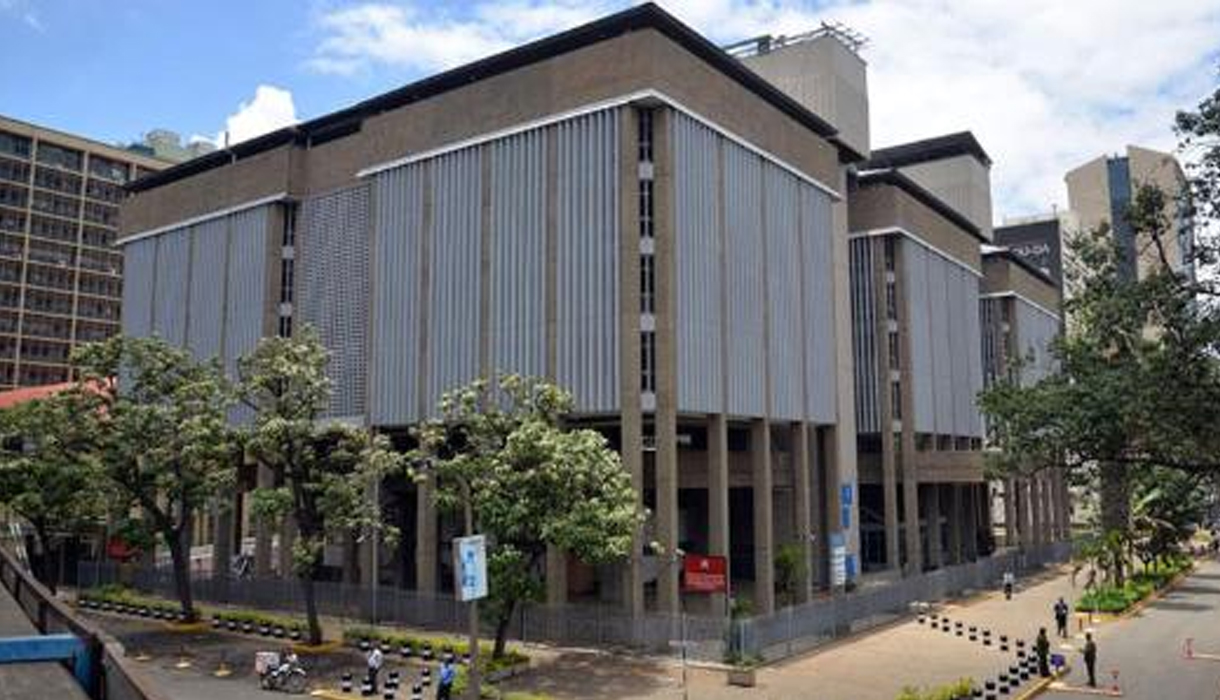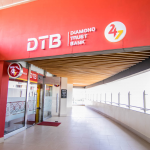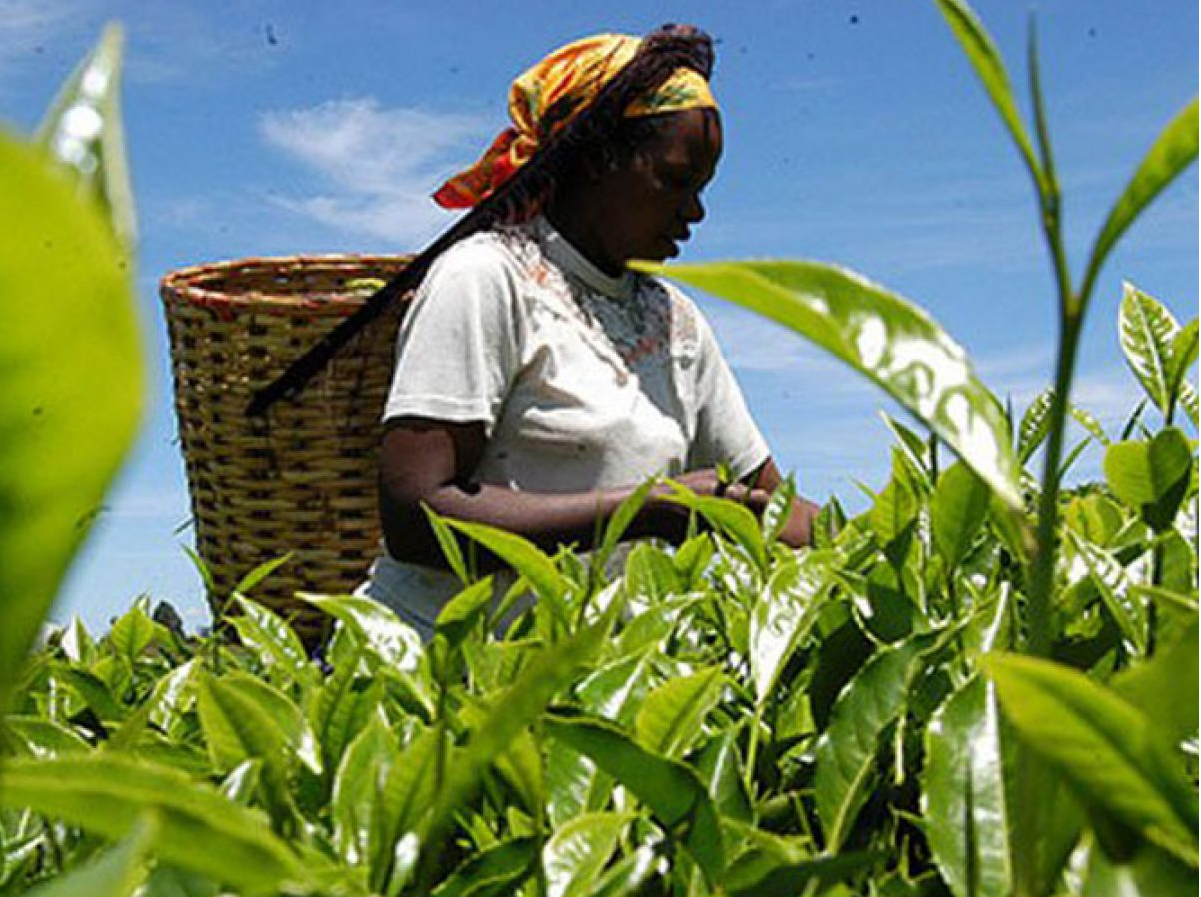Kenyan banks restructured Ksh1.12 trillion between March 18 and the end of August equivalent to 38 percent of the total banking sector loan book of Ksh2.9 trillion as they continued to offer relief to borrowers affected economically by the COVID-19 Pandemic, according to the Central Bank of Kenya.
In its Monetary Policy Committee (MPC) Release issued on Tuesday, the CBK revealed that of the Ksh1.12 trillion, personal/household loans amounting to Ksh271 billion or 33 percent of the gross loans to this sector had their tenors extended.
Conversely, another Ksh849.9 billion had been restructured mainly to trade (20.7 percent), manufacturing (20.2 percent), real estate (18.3 percent) and agriculture (11.1 percent).
This comes even as the CBK maintained the base lending rate at 7.00% stating that interventions by the state and itself have had the desired effects on the economy.
“The Monetary Policy Committee will continue to closely monitor the impact of the policy measures so far, as well as developments in the global and domestic economy, and stands ready to take additional measures as necessary,” the MPC said in the statement issued by CBK Governor Dr. Patrick Njoroge.
According to the Monetary Policy Committee, leading economic indicators for the Kenyan economy for the third quarter-point to a strong
recovery in economic activity from the disruptions witnessed in the second quarter of 2020.
“This improvement and resilience is supported by agricultural production, increased activity in key sectors particularly services with the easing of COVID-19 restrictions, normalization of exports, and government interventions to mitigate the impact of the pandemic,” read the statement.
The MPC also noted that private sector credit growth remained resilient in the 12 months to August standing at 8.3% supported by continued recovery in demand from the COVID-19 related disruptions and the accommodative monetary policy.
Exports remained robust despite the pandemic, growing by 0.8 percent in the period January to August 2020 compared to a similar period in 2019.
Receipts from tea exports over this period rose by 17.1 percent with increased output while horticulture exports remained strong, mainly reflecting the normalization of demand in the international market and availability of adequate cargo space.
A survey of hotels by the CBK conducted between September 21 and 23 reported recovery from the COVID-19 disruptions that had led to closures in April and May. In particular, 89 percent of respondents are now open, compared to 35 percent in May.
Respondents also indicated that bed occupancy and employment have been improving since May.
The MPC Private Sector Market Perception Survey conducted in September 2020, revealed a further improvement in optimism since July, with a greater expectation of increased economic activity in the next two months as more sectors and businesses re-open with the lifting of COVID19 restrictions.
Other factors that contributed to this optimism included reduced COVID-19 infection rates, expected implementation of the Government’s Economic Stimulus Programme, the resilience of the agriculture sector, recovery of private sector credit growth and a rebound in consumer spending.













Leave a comment